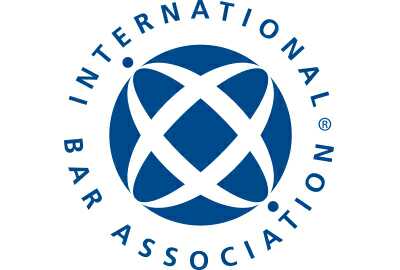The International Bar Association’s Human Rights Institute (IBAHRI) has been closely monitoring the responses of governments worldwide to the Covid-19 pandemic. Too often, the global crisis has been used as a guise by governments to extend their powers indefinitely. Whilst certain proportionate measures are necessary to curb the spread of the virus, these must be proportionate and have limitations, with respect to fundamental human rights. While dubbed ‘the great equalizer’, it is indisputable that with emergency powers comes an increase in human rights violations against marginalised groups.
The IBAHRI’s weekly Covid-19 Human Rights Monitor will report on the threats to fundamental human rights during the Covid-19 pandemic. This week’s issue will cover:
Gender-based violence and women’s health
Given the global rise in reported gender-based violence cases and restrictions on women’s health services, significant measures must be put in place to protect vital services from being downsized or effectively removed in light of this unprecedented crisis.
LGBTQI+ rights
LGBTQI+ communities continue to experience discrimination, unwelcoming attitudes and lack of understanding, from healthcare providers and staff in many settings, and as a result, many are reluctant to seek medical care except in dire emergencies.
Refugee camps
It is undisputed that this coronavirus knows no borders. Widespread effects on domestic and global economies, healthcare systems and political frameworks can characterise the pandemic itself.
Prisoners and detainees
Across the world, conditions of prison and detention facilities consistently remain extraordinarily inadequate. Coupled with the coronavirus outbreak, this can lead to disastrous effects.
Asylum procedures
As those waiting to access the asylum system face an indefinite period of uncertainty, asylum seekers are at an increased risk of exposure to human rights violations. For those currently in the asylum process who have registered their claims and had their cases suspended, remaining in temporary accommodation unsuitable for self-isolation makes the task of staying safe from the infection completely impossible.
Disability rights
As the pandemic continues, the fundamental rights of persons with disabilities remains largely ignored. With healthcare services and carers in short supply, and quarantine measures in place in some countries, those with disabilities are often lacking the necessary support.
Religious discrimination
During times of crisis, it is integral that governments uphold religious freedom that can be applicable to emergency legislation and prevent the scapegoating of specific communities.



